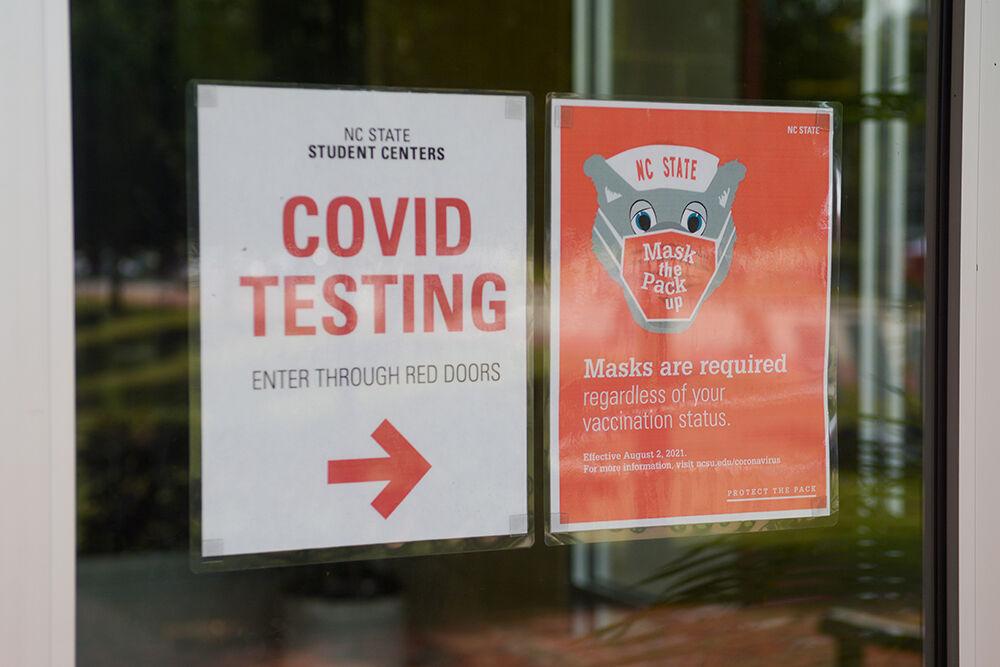NC State has seen an increased number of inquiries about gap years and deferments in the wake of the pandemic, according to Senior Vice Provost of Enrollment Management and Services Louis Hunt.
“We’ve tried to get a little more accommodating in recent years just because it has become increasingly prevalent for students to want to take a gap year,” Hunt said. “This year, we kind of took that to extreme”
The reasons for a gap semester or a gap year are numerous, according to Hunt. Students could have family emergencies, financial difficulties, health issues or anxiety surrounding COVID-19 and online learning. While the bulk of inquiries happened before or at the start of the semester, Hunt said that students have been consistently asking about the feasibility of withdrawing as well, after the transition to online classes and changes to on-campus housing eligibility.
Krista Ringler, associate vice provost and director of scholarships and financial aid, said that while she has had more students inquiring about the impact of gap years on financial aid and scholarships, from her experience, most decided to enroll or stay enrolled this fall.
“As far as the scholarships and financial aid perspective, we allow students the flexibility to do what makes sense to them,” Ringler said. “If they wanted to take the fall semester off, maybe they wanted to stay at a community college that was local to their homes, and then come in the spring, we would cancel their fall semester financial aid, but leave the offer intact for spring. And same thing for scholarships.”
Hunt said about 160 incoming freshmen chose not to enroll this fall, a little over half choosing to wait until the spring semester and the remainder taking a full gap year. He said he has also seen a dramatic drop in international student enrollment, with the international student population dropping 25% this semester.
Instead of the normal procedure in which students taking gap years or withdrawing would be required to complete the readmission process, Hunt said that due to COVID-19 any students who chose to withdraw or take a gap semester will remain active to allow for easier re-enrolling in the spring.
In terms of retention rates, Hunt said the retention rate from the first to the second year decreased slightly, from 94.3% to 93.5%. He said the rate from second to third year went up slightly, while the third to fourth year remained the same.
“We’ve actually had students enrolled and as things changed on campus, the housing changed and everything else, some of them have inquired about [withdrawing]” Hunt said. “ And there we’ve kind of done the same thing … If you withdraw, you’re still eligible to come in the springtime and just re-enroll.”
Ringler said requests for reassessment of aid eligibility based on changing financial circumstances from the original Free Application for Federal Student Aid have increased this year, with total requests in 2020 already equaling the total number of requests in 2019.
“Whatever the circumstances are, they can make us aware of those, and we can make adjustments to determine if the student should qualify for more aid based on the present family financial circumstances,” Ringler said.
Students dealing with changing financial circumstances due to COVID-19 or other scholarship and financial aid concerns should reach out to their financial aid counselor, according to Ringler.
“The reality is, students want to continue to make progress towards their degrees, and they are making progress,” Hunt said. “It’s not exactly what they want, but it might be better than the next best alternative […] We’ve started moving and planning towards the spring semester now, and we’re hoping we’ll see students back on campus and something much more normal than what we have right now.”













